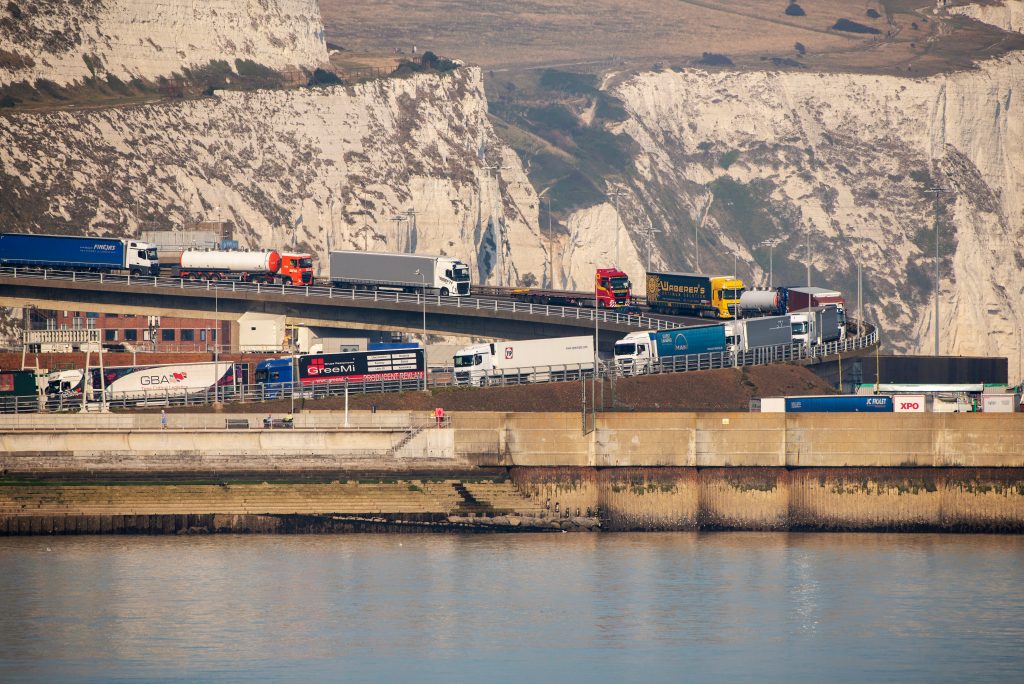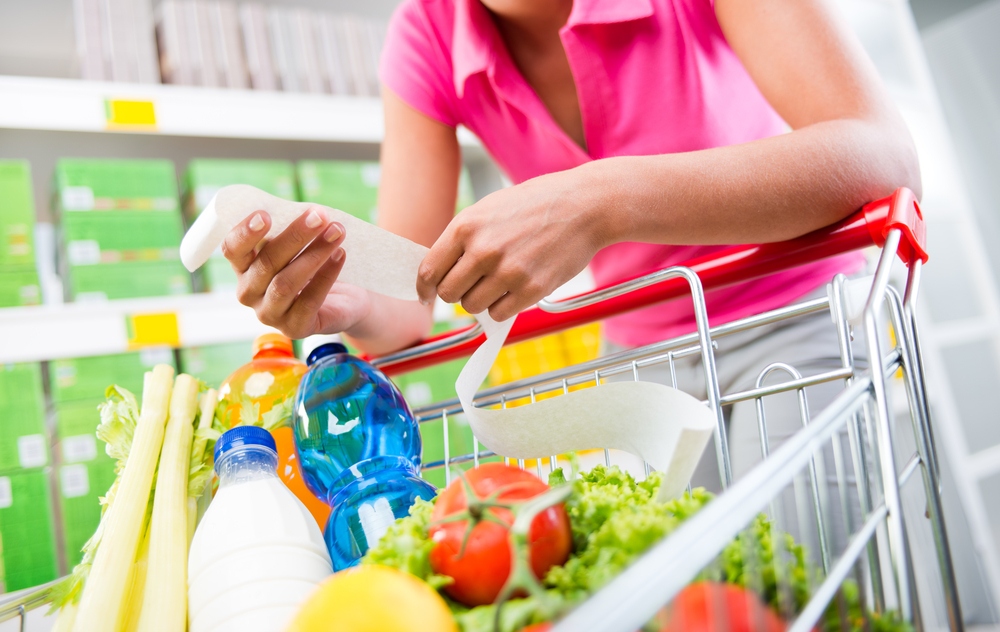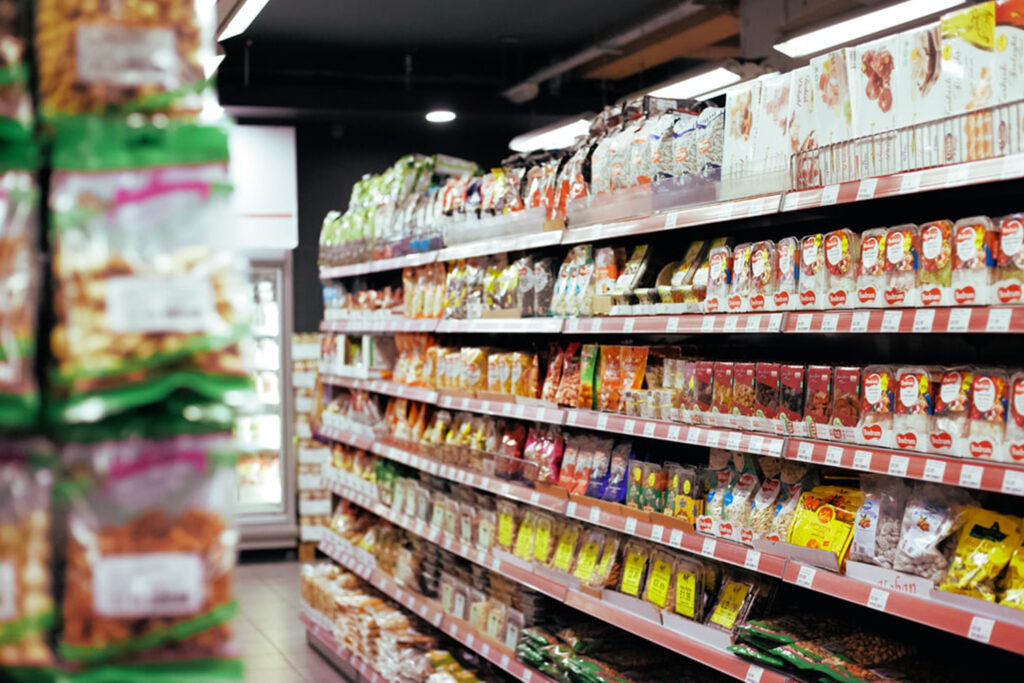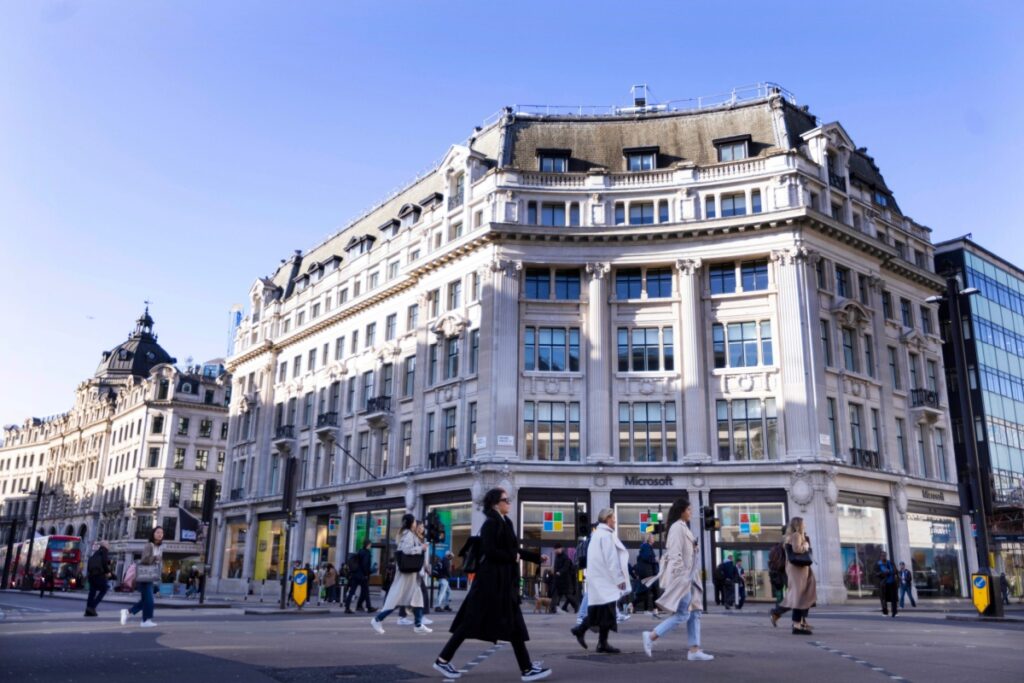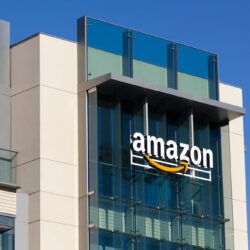// Higher shipping and raw materials costs as well as EU red tape threaten to increase food prices
// October Brexit checks are expected to force retailers to pass on additional costs to shoppers
// Shop prices fell by 0.6% in May, compared with a 1.3% decrease in April
Brits face higher bills for their weekly grocery shop as higher shipping, raw materials costs, and the EU red tape threatens to increase the cost of food.
Further Brexit checks from October are expected to force retailers to pass on additional costs to shoppers, the BRC said.
BRC chief executive Helen Dickinson said retailers are struggling to bear the brunt of rising cost pressures.
READ MORE:
- Tesco tells suppliers to ship food across Irish Sea themselves
- M&S to buy more food from EU as it faces Brexit disruption
“Global food prices are currently at their highest in seven years, shipping costs have risen threefold since 2019, and commodity prices are climbing,” she said.
“We will likely see these costs filter through in the second half of this year, and with the additional Brexit red-tape this autumn, retailers may be forced to pass on some of these costs onto their customers.”
Dickinson’s warning comes as the BRC records that shop prices fell by 0.6 per cent in May, compared with a 1.3 per cent decrease in April, marking the slowest rate of decline since February last year.
While clothing and footwear prices continued to fall in May, pent-up demand and the reopening of non-essential retail meant this drop was smaller than in previous months.
Meanwhile, furniture and electricals prices increased in May due to the global supply chain disruption earlier this year.
Food prices fell 0.3 per cent in May compared with a year earlier and a 0.6 per cent decline in April, while non-food prices fell 0.8 per cent on last year, compared with a 1.7 per cent drop a month ago.
Click here to sign up to Retail Gazette’s free daily email newsletter

